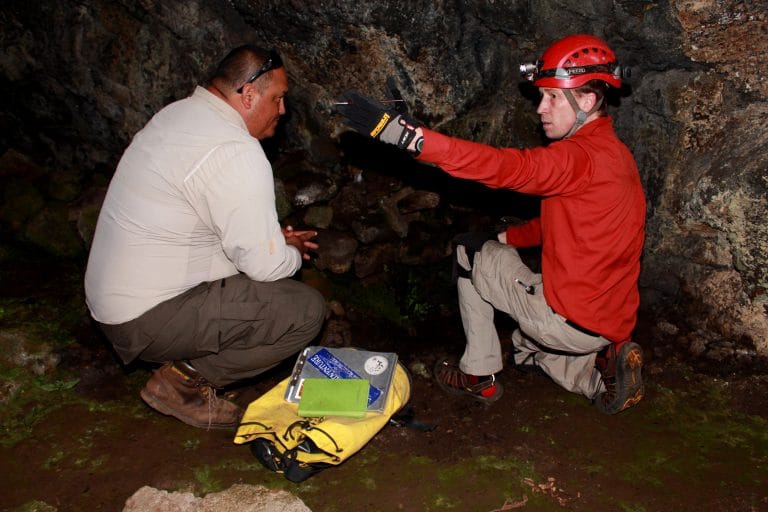More than two-thirds of the Earth’s surface is covered in water.
All that water you can see, though, does little to keep the human denizens of the planet hydrated. Most of the world’s population relies on groundwater, which is 95 percent of the world’s available water (not frozen, not saline), to survive. That means all of us should be critically concerned about the world’s karst.
For most of us, that concern has to start with learning what karst is. Enter the International Year of Caves and Karst (IYCK), a yearlong awareness campaign for the geologic features that store so much of the planet’s freshwater.
“Karst is just a fancy geologic word for limestone,” said Jut Wynne, an assistant research professor in the Department of Biological Sciences at Northern Arizona University and director of the Cave Ecology Lab. His conservation-centered research focuses on animals that live in caves, their habitat requirements and the impacts of human activity on these ecosystems.
